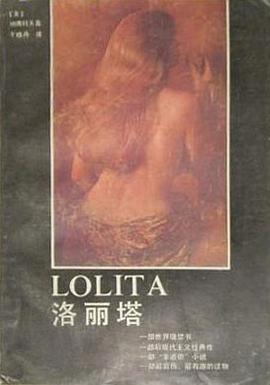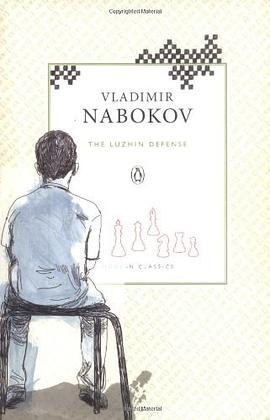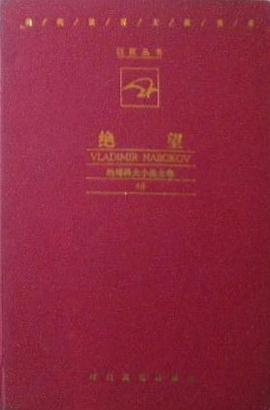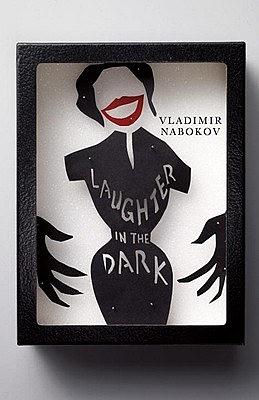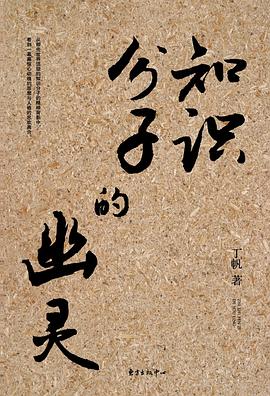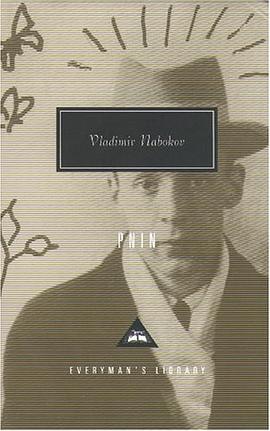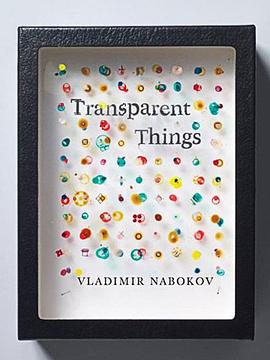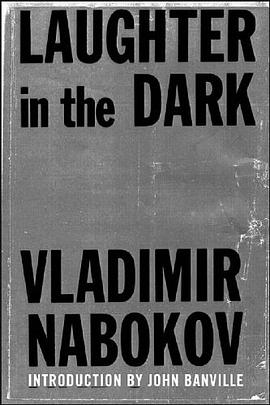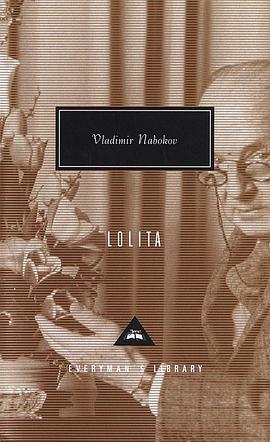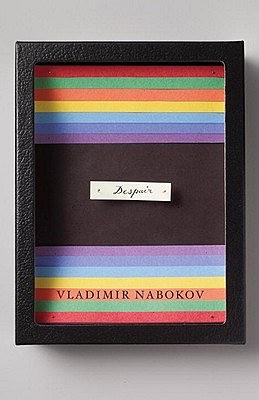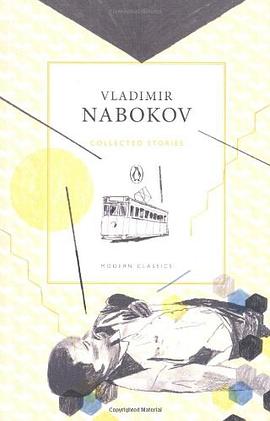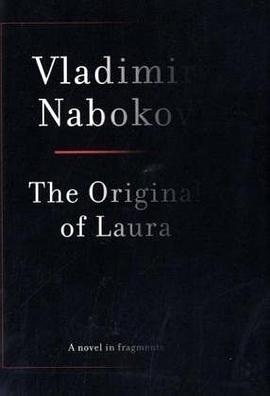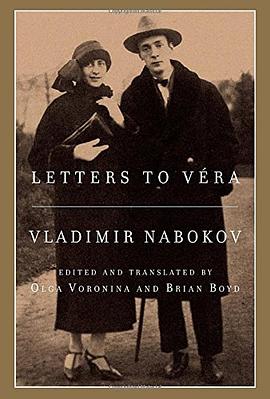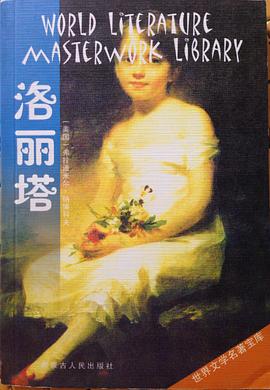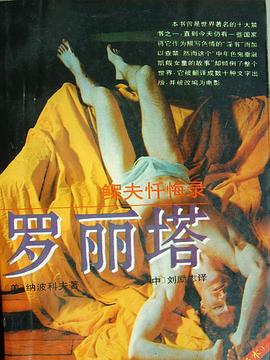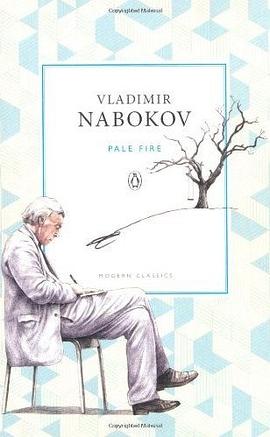

具體描述
Book Description
The urbane authority that Vladimir Nabokov brought to every word he ever wrote, and the ironic amusement he cultivated in response to being uprooted and politically exiled twice in his life, never found fuller expression than in Pale Fire published in 1962 after the critical and popular success of Lolita had made him an international literary figure.
An ingeniously constructed parody of detective fiction and learned commentary, Pale Fire offers a cornucopia of deceptive pleasures, at the center of which is a 999-line poem written by the literary genius John Shade just before his death. Surrounding the poem is a foreword and commentary by the demented scholar Charles Kinbote, who interweaves adoring literary analysis with the fantastical tale of an assassin from the land of Zembla in pursuit of a deposed king. Brilliantly constructed and wildly inventive, this darkly witty novel of suspense, literary one-upmanship, and political intrigue achieves that rarest of things in literature–perfect tragicomic balance.
With an Introduction by Richard Rorty
著者簡介
Vladimir Vladimirovich Nabokov was born on April 23, 1899, in St. Petersburg, Russia. The Nabokovs were known for their high culture and commitment to public service, and the elder Nabokov was an outspoken opponent of antisemitism and one of the leaders of the opposition party, the Kadets. In 1919, following the Bolshevik revolution, he took his family into exile. Four years later he was shot and killed at a political rally in Berlin while trying to shield the speaker from right-wing assassins.
The Nabokov household was trilingual, and as a child Nabokov was already reading Wells, Poe, Browning, Keats, Flaubert, Verlaine, Rimbaud, Tolstoy, and Chekhov, alongside the popular entertainments of Sir Arthur Conan Doyle and Jules Verne. As a young man, he studied Slavic and romance languages at Trinity College, Cambridge, taking his honors degree in 1922. For the next eighteen years he lived in Berlin and Paris, writing prolifically in Russian under the pseudonym Sirin and supporting himself through translations, lessons in English and tennis, and by composing the first crossword puzzles in Russian. In 1925 he married Vera Slonim, with whom he had one child, a son, Dmitri.
Having already fled Russia and Germany, Nabokov became a refugee once more in 1940, when he was forced to leave France for the United States. There he taught at Wellesley, Harvard, and Cornell. He also gave up writing in Russian and began composing fiction in English. In his afterword to Lolita he claimed: "My private tragedy, which cannot, and indeed should not, be anybody's concern, is that I had to abandon my natural idiom, my untrammeled, rich, and infinitely docile Russian tongue for a second-rate brand of English, devoid of any of those apparatuses–the baffling mirror, the black velvet backdrop, the implied associations and traditions–which the native illusionist, frac-tails flying, can magically use to transcend the heritage in his own way." [p. 317] Yet Nabokov's American period saw the creation of what are arguably his greatest works, Bend Sinister (1947), Lolita (1955), Pnin (1957), and Pale Fire (1962), as well as the translation of his earlier Russian novels into English. He also undertook English translations of works by Lermontov and Pushkin and wrote several books of criticism. Vladimir Nabokov died in Montreux, Switzerland, in 1977.
圖書目錄
讀後感
纳博科夫写这本书到底要告诉我们什么?是内容本身的意义还是形式带给来的新的尝试和美感?《我的名字叫红》里面也有个凶手,橄榄,蝴蝶,鹳鸟,是谁并不重要,只要知道谋杀是文化冲突造成的内涵就够了。同样,变态的(金伯特眼中的)格拉杜斯追杀逃亡的赞巴拉国王的故事并没什...
評分第一次听到“纳博科夫”这个人,是与“后现代”这个词联系在一起的,“反文学”、“解构”、“无意义”、“文字游戏”,这些新词汇让习惯于读传统作品的我既期待,又紧张。《微暗的火》是我认真读的第一部后现代作品,未读之先便在想:纳博科夫会创作怎样奇特的文本呢?读...
評分是你在读一部小说,还是在写一部小说?《微暗的火》抛出这样一个问题,作为读者的我们不得不接过这猛地抛来的橄榄球。 读完之后发现《微暗的火》并非一个不易通读下来的作品,它行文简单,而且在字里行间似乎都给予了读者一定程度的暗示。所以读者很容易就会在一...
評分你第一次读这本书的时候,像是走在意大利贵族摆满陈列品的走廊:每处来自文学和艺术的引用,你想起它们的context,读出它们的隐喻;每一种植物,每一种鸟,每一种蝴蝶,你记得它们的生境和样貌;Zemblan的每一个单词,你听出它们来自哪个语言的什么词汇,你怀念北国的乡音;那...
評分第一次听到“纳博科夫”这个人,是与“后现代”这个词联系在一起的,“反文学”、“解构”、“无意义”、“文字游戏”,这些新词汇让习惯于读传统作品的我既期待,又紧张。《微暗的火》是我认真读的第一部后现代作品,未读之先便在想:纳博科夫会创作怎样奇特的文本呢?读...
用戶評價
一本錶麵上講述暗殺實則關於藝術的書
评分一本錶麵上講述暗殺實則關於藝術的書
评分這個敘述者真是學渣我看過中最討厭的瞭。commentary部分一開始會給我有點分裂的感覺,再想想就覺得按Kinbote的人設來說,這麼分裂就對瞭。其實說到底,不是很喜歡,但是就是覺得蠻不錯的欸。
评分unfinished
评分最偉大的小說!!!A Jack-in-the-box, a Faberge gem, a clockwork toy, a chess problem!
相關圖書
本站所有內容均為互聯網搜索引擎提供的公開搜索信息,本站不存儲任何數據與內容,任何內容與數據均與本站無關,如有需要請聯繫相關搜索引擎包括但不限於百度,google,bing,sogou 等
© 2025 book.quotespace.org All Rights Reserved. 小美書屋 版权所有

